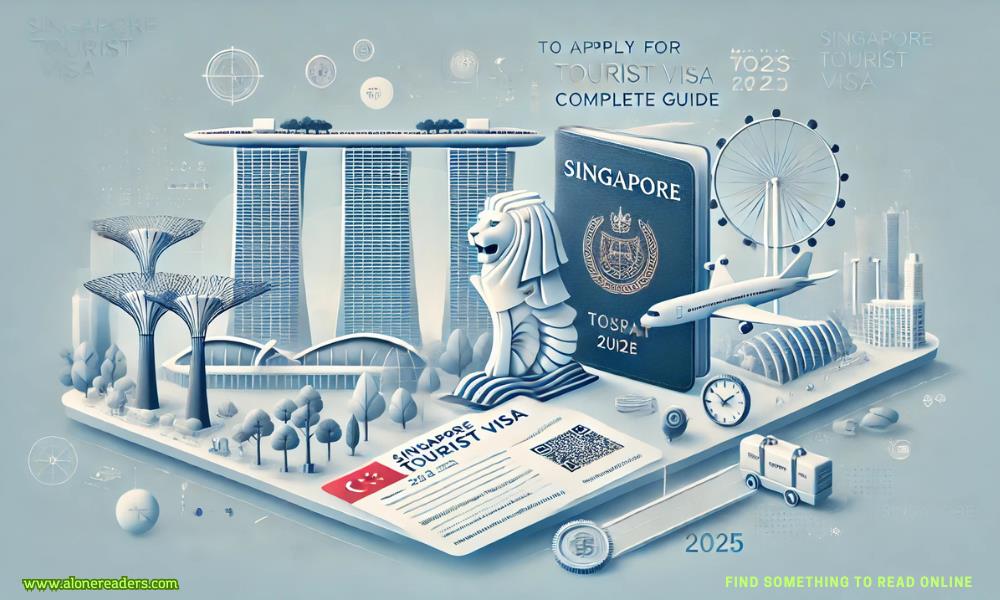Page 8 of In an Absent Dream
She couldn’t think of the last time someone had thought she was worth playing with.
They ran all the way back to the impossible aisles of tents and stalls and wagons, and they kept running, Moon weaving around the shoppers and stall keepers, Lundy struggling to keep up. There were children in the Market, some of them manning counters or counting out apples, while others watched them longingly, tied to their posts with ribbons of silk, or braided steel, or living ivy. A group of boys threw a ball back and forth between them in one of the small open spaces scattered through the rows. They jeered at the girls as they went darting past, but made no effort to stop them.
Moon wasn’t the only one with unusual eyes. Some of the children they passed had black eyes, like drops of oil. Others had eyes of yellow, or red, or a startling blue that was more like a fragment of the summer sky than anything that belonged in a human face. Lundy wanted to ask about it, but she wasn’t sure whether that would be the safe kind of question or not, and so she kept her mouth closed and her eyes open, drinking in everything around them.
There was a woman in a wheelchair with a shaggy golden dog whose fur flickered around the edges, like it was burning without being consumed. There was a man with four arms, weaving ribbons into beautiful ropes with the speed and ease of a lifetime spent in long practice. There was a centaur of a sort, half human and half unicorn, a single spiraling horn rising from his forehead, taking a tray of meat pies out of an oven large enough to hold an entire bakery.
Lundy’s stomach growled. Moon stopped running.
“You must be hungry, you poor thing!” she cried. “That’s barely fair value on me, showing you things without stopping to see if you needed. What do you have in your pockets?”
Lundy blinked, thrown by what seemed to be a sudden change of subjects. “What?”
“Your dress. I can see it has pockets. What’sinthem? Anything?” Moon looked hopeful. “Rocks, maybe, or weird coins, or something like that?”
“Um.” Lundy reached into her pocket, pulled its contents into the light. “I have two pencils, and a stick of chalk, and a quarter.”
“Pencils!” Moon snatched them away before Lundy could protest, tugging her toward the stall where the unicorn was now setting the meat pies on a rack to cool. “Pencils aregold. Adults love writing things down. Come on.”
She stopped in front of the stall, standing straight and smiling brightly. Lundy glanced at her and imitated her posture, trying not to look as lost as she felt. Everything was a dizzy, confusing whirl of rules and strangeness, and she wanted to go home and sheneverwanted to go home, not until she’d learned everything there was to know about this incredible, impossible place. It was a contradiction so intrinsic that it ached.
Lundy wasn’t used to contradictions. She was used to making up her mind and sticking with whatever she decided, to knowing precisely how she was going to proceed from any given point. But she understood rules, and she understood loopholes, and she thought she could learn to enjoy looking for the places where these rules—fair value and not asking questions and all—collided and hence created gaps for her to squeeze through.
The unicorn-centaur frowned. “Moon,” he said, dubiously. “What do you want?”
“I have payment,” said Moon, holding out her hand to show the pencils she’d snatched from Lundy. “What would fair value be for these?”
The unicorn-centaur’s eyes lit up in a way that seemed, to Lundy, entirely out of proportion with the two used, slightly chewed-on pencils. “More than I can spare, if you wanted it all at once. But I’d say ten meat pies and ten fruit pies apiece, delivered whenever you cared to claim them, as long as you promised no more than two of each per day.”
“That sounds fair to me,” said Moon, and glanced at Lundy.
Lundy sensed the silent question in that look. She nodded, her enthusiasm fueled by the promise of pies. “That sounds like fair value,” she agreed.
The unicorn-centaur looked at her measuringly. “New one, aren’t you?” he asked.
Lundy nodded again. “Yes, sir.”
“Be careful with this one,” he said, hooking a thumb in Moon’s direction even as he deftly plucked the pencils from her palm. “She’s too smart for her own good, and not nearly careful enough for yours.”
“Pies, please,” said Moon, with a bright grin.
Lundy looked between the two of them. This was a choice that needed to be made, she could tell that much: who to trust was always a choice. But she had already made a bargain with Moon, and she already understood enough about this place to know that she’d be expected to hold up her end of it even if she chose to walk away and not receive the aid she’d been promised.
“Pies, please,” she said, with a smile of her own.
The unicorn-centaur rolled his eyes.
Not long after, the two girls were seated under a tree, safely surrounded by other trees that kept them from the view of the market proper, sticky fruit juice on their chins and the crumbs of their meat pies scattered on their laps. The fruit was like nothing Lundy had ever tasted before, sweet and sour and sharp all at the same time, so that every bite was an education. The meat had been equally as good, chicken baked with peas and a delicate cream sauce. The memory was enough to make her mouth water.
“I think we’re going to be very good friends,” said Moon.
“I’ve never had a friend before,” admitted Lundy shyly. “I don’t know if I know how.”
Moon beamed. “Don’t worry,” she said. “I’ll teach you, and so will Mockery, and the Archivist, and everyone else who loves me. They’re going to love you, too. You’ll see.”
Lundy smiled back, and thought that the Goblin Market was about the most wonderful place she’d ever been, and she never wanted to go home.
5
- Skin Deep by Lauren Hawkeye
- Sweet Temptation by Lauren Hawkeye
- Between the Lines by Lauren Hawkeye
- Possessing Her by Tory Baker
- The Pack by Sara Fields
- Sinfully Mine by Nikki Landis
- The Bratva's Knocked-Up Forced Bride by Lexi Asher
- Lucky Shot by A.L. Maruga
- Rogue by Lena Bourne
- Dirty Big Sins by E.M. Gayle
- Dirty Little Sins by E.M. Gayle
- Sinful by Stella Hart
- Devil's Riches by Stella Hart
- Cruel Riches by Stella Hart
- Sinful Palace by Stella Hart
- Dangerous Lies by Linzi Baxter







